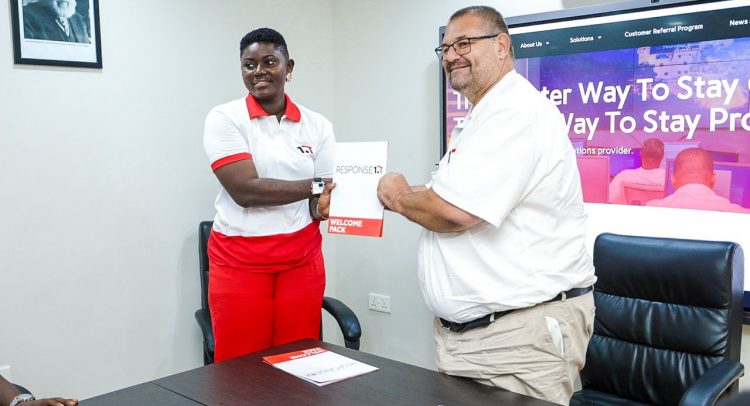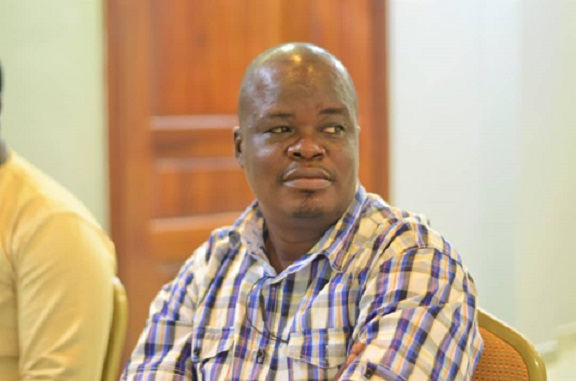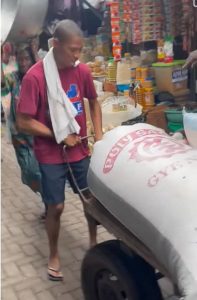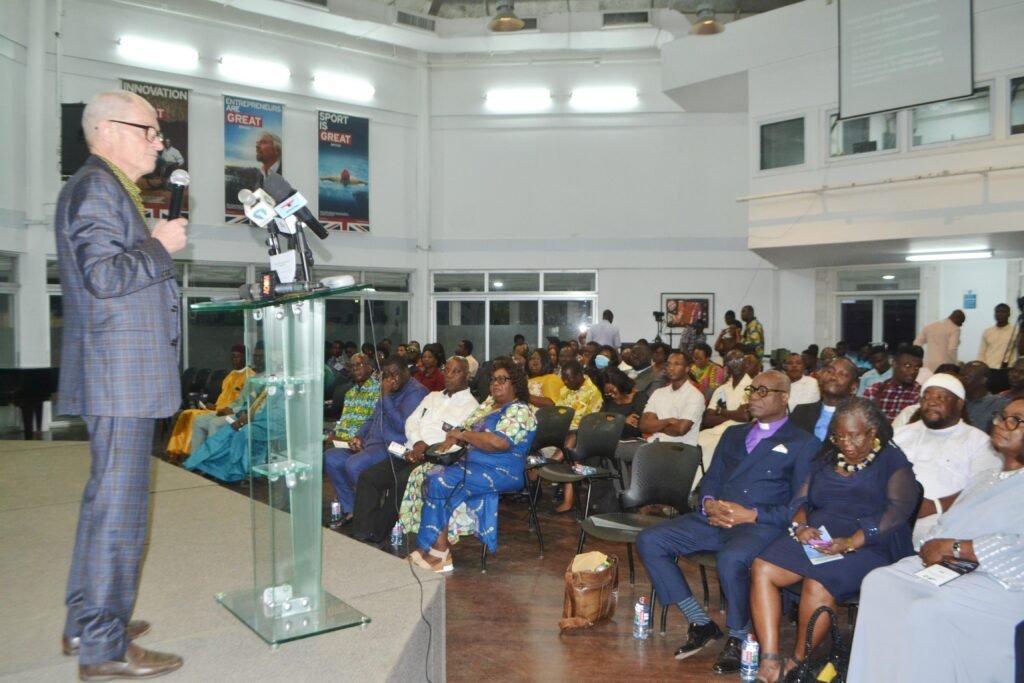
Tsledorm — A team of health officials from the Lower Manya Krobo Municipality in the Eastern Region on Monday organised a mass injection and dispensary exercise in Tsledom, a farming community, for students and residents who are reported to be infected with Yaws.
Anti-biotic drugs were distributed to the affected persons while others were put on other medications as part of efforts by the municipal health directorate to control the situation.
Sample of water from the borehole which is the main source of drinking water for the community have also been taken for a laboratory test to ascertain whether it was the cause of the Yaws outbreak in the community.
The drugs, according to the Lower ManyaKrobo Municipal Disease Control Officer (DCO), Mr Solomon Ohene Gyaaba, were purchased by the Municipal Assembly.
Prior to the treatment yesterday, the team had embarked on an education exercise to encourage the community to take personal hygiene seriously.
The chief of the area, Dadematse Atter, who confirmed the treatment exercise in a telephone interview, expressed gratitude to the Ghanaian Times for the publication which resulted in the swift response to their plight.
He further revealed to the GhanaianTimes that, water from the borehole contains worms and that after fetching, they have to leave it to settle down and filtered before use for any house chores.
The Ghanaian Times on Saturday July 20, 2019, published a story with the caption "Another health alert, Outbreak of Yaws at Tsledom... 25 cases confirmed."
The Lower Manya Krobo DCO confirmed to the Ghanaian Times that a sample test conducted by the Lower ManyaKrobo Municipal Health Directorate on 25 pupils of Tsledom M/A Basic School proved positive of the disease.
He attributed the outbreak to the unhygienic living conditions in the area, particularly in the homes of the pupils.
The disease was said to have spread into the entire community with more than 50 per cent of the populace, both young and old having sores on their bodies despite the hot salty water and other self-medications applied by residents.
Meanwhile, the Programme Manager of National Buruli Ulcer Control and Yaws Eradication Programme, Dr Mrs Nana Konama Kotey, in an interview with the Ghanaian Times on Tuesday, allayed fears over the outbreak of Yaws, locally known as "Jator" in Tsledom.
According to her, though the disease was endemic in the country, the Control programme was implementing measures to control it in line with World Health Organisation standards.
Admitting that the country was likely to miss the 2020 World Health Organisation (WHO) target of eradicating Yaws due to the limited resources channeled to the control of the "neglected tropical disease", the programme manager solicited the support of corporate entities and organisations in terms of logistics and funds to upscale interventions in the area.
She advised Ghanaians, particularly children, to adopt good personal hygiene practices to reduce the risk of contracting the disease.
Yaws is a tropical infection of the skin, bones and joints caused by the spirochete pertenue.
The disease begins with a round, hard swelling of the skin, two to five centimetres in diameter and spread by direct contact with the fluid from a cut of an infected person, mostly among children who spread it by playing together.
The disease occurs mainly in poor communities in warm, humid, tropical areas of Africa, Asia and Latin America.
Ghana recorded a total of 28,000 cases of the disease outbreak in 2008, trending a pattern from 1970, according to statistics from the WHO, Ministry of Health (MOH) and Ghana Health Service (GHS).
Between 2008 and 2012, the country recorded a total of 9,356 similar cases with mass immunisation measures to eradicate the disease.
Read Full Story













Facebook
Twitter
Pinterest
Instagram
Google+
YouTube
LinkedIn
RSS